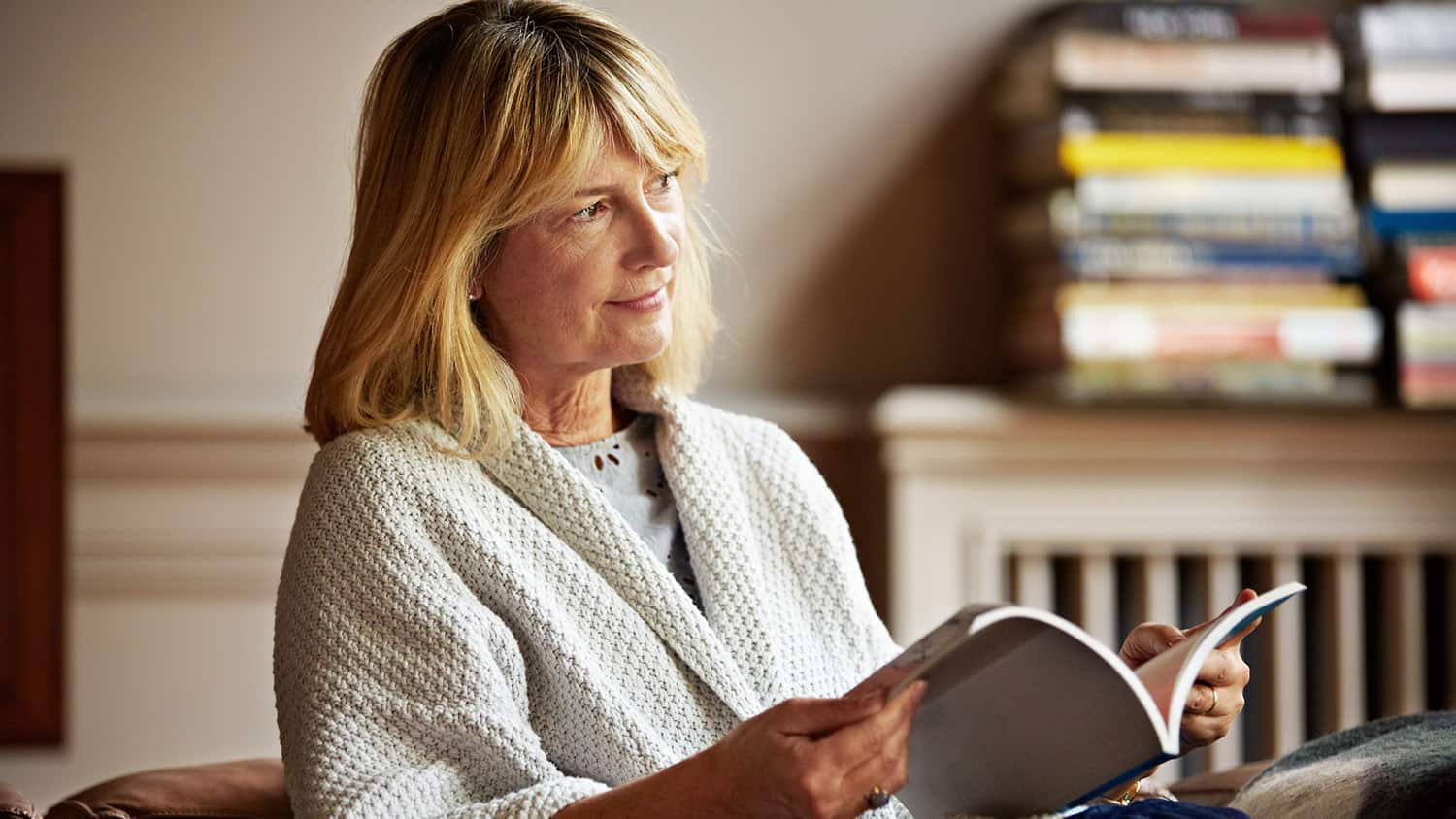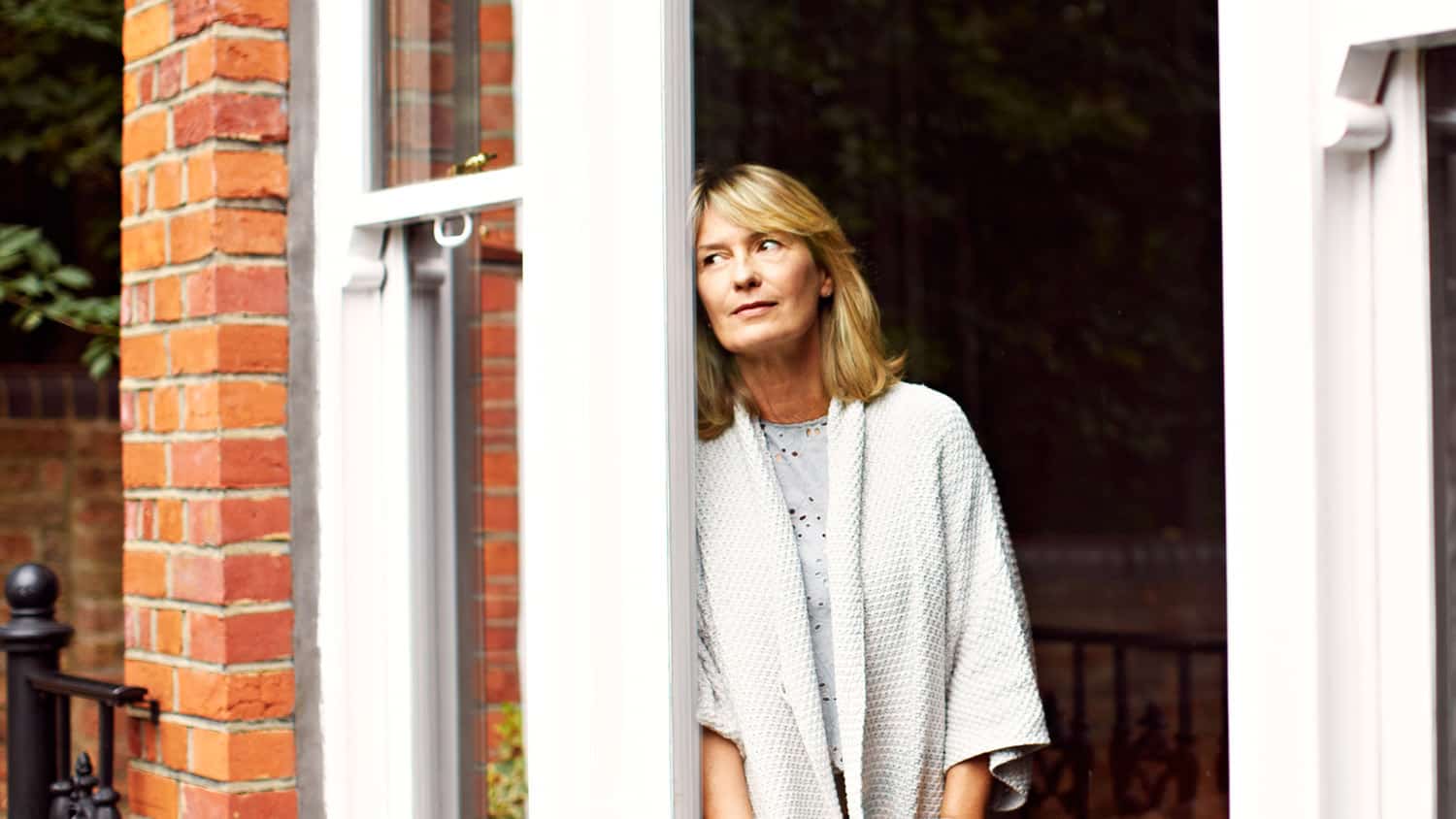
Private Life: Should Your Kids Read Your Journals When You’re Gone?
My friend’s mother died after a sudden stroke, and among her belongings he and his siblings discovered volumes of journals, going back 40 years. They started reading through these family artifacts and learned a lot. Perhaps more than they wanted to.
Private Thoughts and Feelings, Revealed
Suddenly, they were inside their mom’s head and heart, privy to her musings and concerns. In beautiful prose and old-school penmanship, she expressed worry about her children and laid out thoughtful analysis of their decision-making, both good and bad.
She painted decades of vivid vignettes, where she felt unheard and powerless. She worried about her grandchildren and took pride in their accomplishments. She detailed many happy birthdays and merry Christmases.
She expressed anger and affection for unlikely targets. Reflections on unfulfilled aspirations were interspersed with reviews of movies she enjoyed and details of pleasant outings with friends and family.
Should these adult children assume their mother wanted them to know her innermost thoughts? Should they have respected her privacy and not read them?
Maybe she didn’t think her kids would take the time to read them. Or maybe, writing for herself and caught up in the process, it never occurred to her.
Whatever her intent, her adult children now see beyond their mom’s smiles and brave face. It’s a one-way conversation, with no opportunities for questions or explanations.
Keep or Toss?
My friend’s experience made me think about the many notebooks I’ve filled over 25 years of journaling, and the box in the basement where they’re stored. I can visualize my son and daughter discovering that box, two or three decades from now, and I’m not sure how I feel about that.
Like my friend and his siblings, my children may learn more than they want or need to. Words written for myself will become personal disclosures.
My kids know the basic arc of my story, of course, and they’ll remember – or be reminded of – many of the scenes, events, and conversations I deconstructed. Some of those memories may be sweet; others, not so much. Maybe my words would ruin sweet memories, but sweeten others.
Like many women, I wrote more during times of turmoil, and still do. Journaling allows me to vent and sort out my feelings about many aspects of my life – including my role in the matters I’m venting about. What could I have done differently? What have I learned?
Journaling creates a private and peaceful space, even when we’re not at peace. It’s a practice that, I’d like to believe, makes me wiser and more self-aware.
Engaging in self-censorship – out of fear someone would read my words someday – would weaken the emotional and psychological benefits of journaling, and there are many.
Recent research on journaling shows that it helps people identify and accept their emotions and manage stress. Some studies suggest it can actually strengthen the immune system, lower blood pressure, and improve sleep and working memory.
It has been shown to be effective in enhancing mood and managing mild depression. And because it calms and clears the mind, journaling can also reduce anxiety.
What Do We Want Our Children to Know?
My children will be privy to the full palette of my emotions, and maybe understand why I felt as I did. Will they scan for their names and only read those sections? Perhaps they’ll notice variations in my handwriting or choice of pen, and feel different energies coming through.
Maybe the tiny fine-point print of a mechanical pencil and the fast, scribbly brain dumps with a ballpoint or gel pen will add dimension to my story.
Part of me wants to leave these books and share the thoughts and feelings I had when they were growing up, and since. Maybe it will have value for them; after all, they were probably affected by much of it.
Knowing what was going through my heart and mind may give them useful insight into their childhoods and their lives today.
But another part of me thinks I should burn or shred them. Do I really want my children to read my thoughts on such important matters yet not be able to ask me questions? Could the revelations in this one-way conversation be a burden to them, or harm them in some way?
I won’t be around to know. I want to make things as easy as I can for my kids and grandkids when I go, and maybe leaving my journals behind is not consistent with that goal.
There are many pros and cons, and ethical concerns, about adult children reading their parents’ (usually it’s mom’s) journals. There are many factors to consider, and what’s right for one family might not be right for another.
For some, the revelations could be disruptive to the next generation. For others, it may bring understanding that serves them well. It’s one of many decisions we have to make as we plan for our departure from our children’s lives, even though it may be decades away.
Let’s Have a Conversation:
What do you think about your children reading your journals after you’re gone? Do you think they’d want to? Have you read the journal of a deceased friend or family member? How did it affect you? Please share any thoughts and experiences you have so we can all learn.







they say, you should never write down anything you wouldn’t want people to read! i’m not sure that children reading a journal is a bad thing bc it tells them how you thought as a younger persos. my daughter is an adult and i have shared many things with her – there aren’t alot of suprises at this point in our relationship!
I take a different view to most of the comments here – I would be happy for my children or grandchildren to read my journals after I’m gone and deeply regret having destroyed some from my 20s and 30s. I would have loved it if my own mother had left a record of her feelings over the years, so that I could gain an insight into who she really was.
This is a subject that should seriously be thought about. Personally, I do not want my children to read my journals. I believe it would absolutely effect them for the rest of their lives. Thinking about it makes my heart ache for them if they did read them because they would never ever be able to get any answers to any of their painful questions.
I have burned many. Private is private.
A couple of years ago while I was cleaning out the attic, I ran across an autobiography that I had written for a Psychology class when I was in my 30s. Quite a lot of the story was about my 3 daughters. As I read through it, I realized that taken out of context, it could be really hurtful to my middle daughter. She was very temperamental when she was young and wouldn’t really express herself to me as much as her sisters. In the entries I discussed how difficult her behavior was for me. Now, as an adult we are very close and have a great relationship. She jokes about her temper when she was little (it’s truly family lore). Even though the story I wrote may be interesting to them someday, the thought that it may also be hurtful made me toss the journal. Not a day goes by that I regret that decision….